Explore the best places
Villages in Oliveira do Hospital
São Gião
- country
- heritage
São Gião
3400-655, São Gião
A very old village, located on the foothills of the Estrela Mountain, with a vestige of a roman road. The mother church, known as Catedral das Beiras (Beiras Cethedral), a rather large temple, with golden carvings, a ceiling with 102 paintings and religious objects stands out. Nearby, the "Curral dos Romanos", also known as Sobreda dolmen (Public Interest Construction), an interesting olive oil press of the Middle Ages, at Rio de Mel and the Penedo da Moura (Moura Rock), a natural cave, are worth a visit.
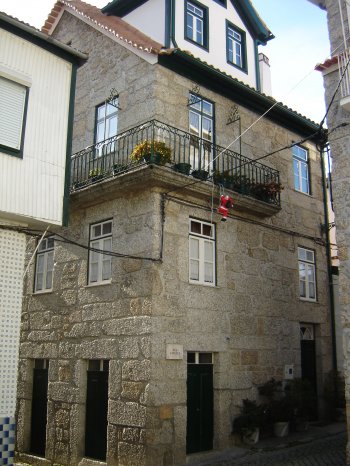
Lourosa
- country
- heritage
Lourosa
3400, Lourosa
This village's main attraction if the moçárabe church, the only one in the Iberian Peninsula, from befor the Christian reconquest. The vestiges of human haped medieval tombs, some roman and maybe visigoth, ar of great cultural interest. A special note to the pillory (Public Interest Construction) and to several manors from the 17th and 18th centuries as well.
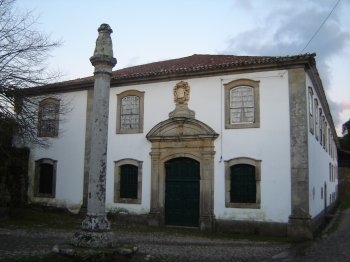
Avô
- country
- heritage
Avô
3400, Avô
This village's name had its origin at the Couto de Avão, since there was no bridge on the Alva river and the Moura brook and one could only enter the old town "a vau" (ad vadum). The poet-warrior Brás Garcia Mascarenhas, author of the epic poem Viriato (18th century) once lived here. These lands were inhabited by the romans, perhaps the founders of the now ruined castle. Among the monuments, a special note to the mother church, whose construction may have been ordered by Dom Afonso Henriques, a 16th century manor, a pillory and a chapel.
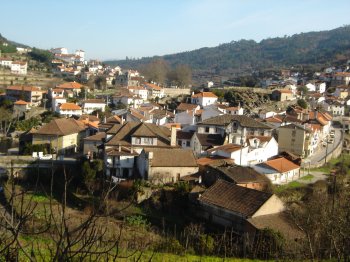
Bobadela
- country
- heritage
Bobadela
3405, Bobadela
The siege of the "municipium" in the roman days, in the 1st to 4th centuries bC, and later on th siege of a small mdieval parish. Its architectural heritage includes the Roman Arch, a National Monument, the pillory, the mother church, the roman amphitheatre, the roman bridge of Ribeira de Cavalos, the chapls of Our Lady of Luz (Light), Our Lady of Socorro (Help) and of Saint Sebastião, the menhir of the Pimheiro dos Abraços and several manors. A special note to the museum at the Godinhos houses, with a manuelin window, as well.
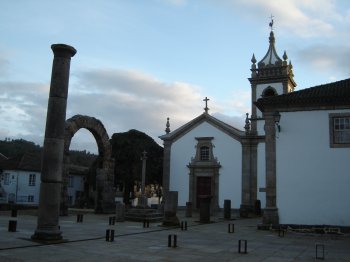
Aldeia das Dez
- country
- heritage
Aldeia das Dez
3400, Aldeia das Dez
This village is located on the northern slope of the Colcurrinho hill (at an altitude between 400 and 500 metres), with the Alcovo river in the background. It was already inhabited in the pre-roman epoch, as proven by the ruins of a Portuguese-roman castro (a celtic village) nearby. The parish was created in 1543 by the bishop of Coimbra, Dom Jorge de Almeida. The rural granit houses are extremely picturesque. The architctural heritage includes the mother church (18th century), the fountain's crucifix, the sanctuary of Our Lady of Preces (Prayers) - Located on the Colcorrinho Hill, at an altitude of …
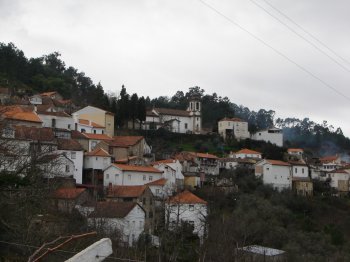
Seixo da Beira
- country
- heritage
Seixo da Beira
3405, Seixo da Beira
A very old village in a granite land, surrounded by pine trees, eucaliptus trees and bushes. It is a grandiose natural heritage. From pre-history there are imposing megalithic monuments. Several churches and chapels, as well as a pillory with some manuelin vestiges stand out.